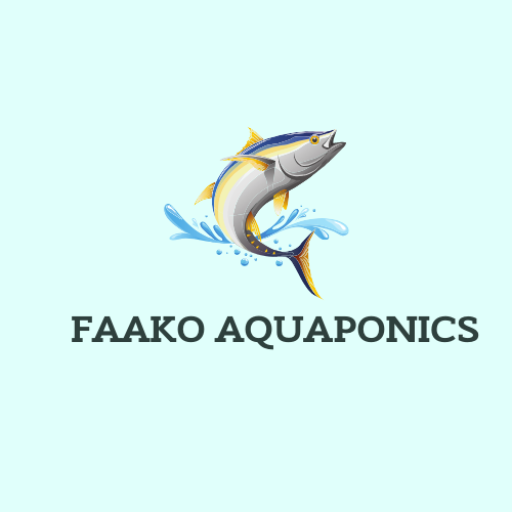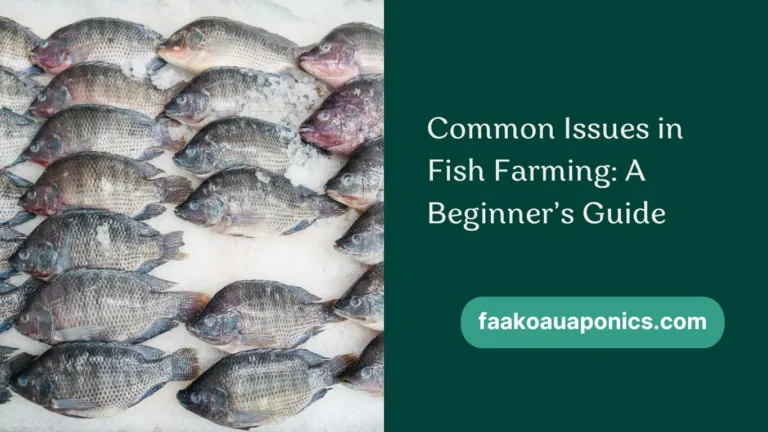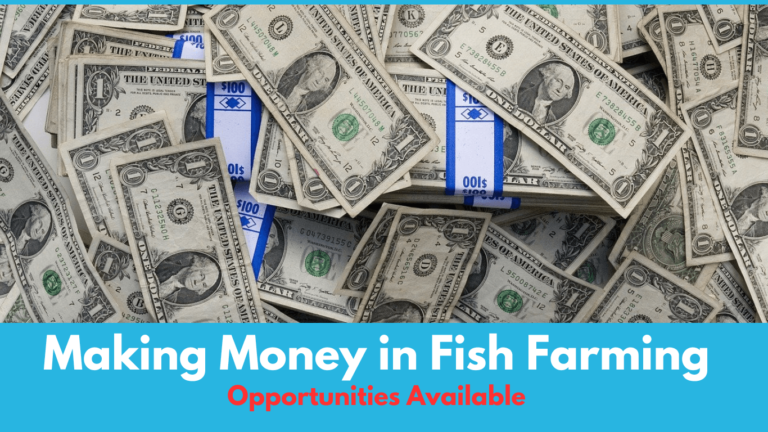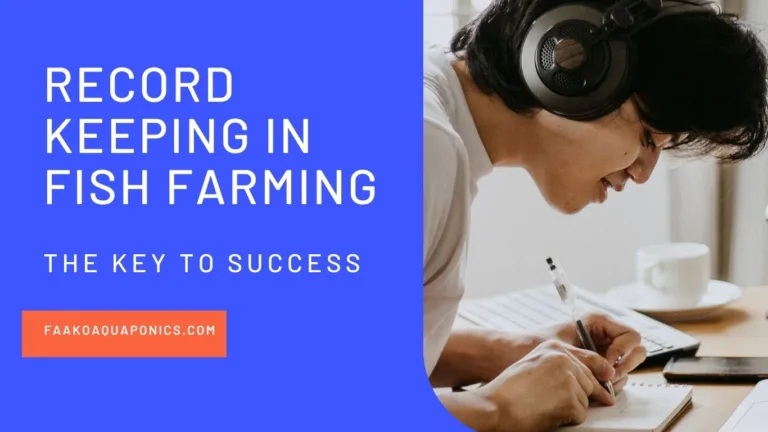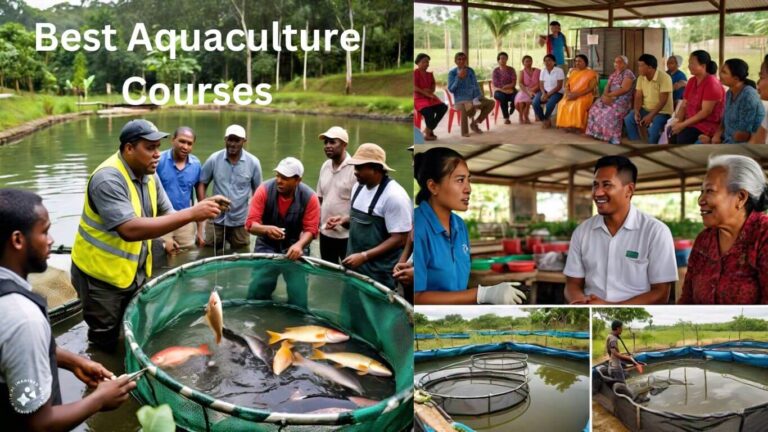Common issues in fish farming are issues that hinder the success of fish farmers in their operations. Fish farming involves intentionally breeding, rearing, and harvesting fish in controlled environments. However, like all industries, fish farming is not without its challenges. This article will delve into some of the most common problems or common issues in fish farming industry and propose potential solutions.
Understanding Fish Farming
Fish farming has become a dominant player in the global seafood industry, accounting for around half of the world’s seafood production. The most commonly farmed species include salmon, shrimp, catfish, Koi, barramundi, and trout.
However, as the industry proliferates, it grapples with several issues ranging from environmental impacts to animal welfare concerns.
The Predicament of Overcrowding
One of the most pressing problems or Common issues in Fish Farming is overcrowding. Fish raised in industrial farms are often kept in severely cramped conditions. This could be fish ponds, tanks, on land, or ocean pens.
This setup is akin to the intensive farming of terrestrial animals like chickens and pigs, where animals are packed into unnaturally small, filthy enclosures.
The overcrowded conditions often cause a large proportion of the fish to die. The surviving fish are subjected to high levels of stress, making them susceptible to various diseases.
The crowded fish also compete for resources such as space, feed, oxygen, and freedom. In the event of one or several of these can lead to a high rate of fish mortality. This makes overcrowding as one of the most common issues in fish farming
Subject to Disease Outbreaks
Disease outbreaks pose a significant threat to fish farming. The intensive crowding, stressful conditions, poor water quality, and poor feeding or nutritional patterns can often leave fish vulnerable to illness. Also, weather fluctuations such as excessive sunlight should subject fish to disease. All these are common issues in Fish Farming
Bacterial diseases and infestations of parasites like sea lice frequently plague fish raised in such captive environments, leading to high mortality rates.
The Impact of Poor Water Quality
Water quality is a critical factor in fish farming. Poor water quality can result in a host of problems, including the proliferation of diseases and the death of fish.
In fish farming, water is king because fish cannot leave without water, and not just any water, but quality water. Compromise the quality of the water for your fish and stand the chance of losing all the fish as happened to me.
Factors such as high temperature, high ammonia, low oxygen, leftover feed, and others are the primary causes of poor water quality in fish farming. Control these factors and you can be free of poor water quality and its consequences.
Also note that, not all water sources are good for fish farming so you need to carefully select your source of water before even setting up your fish farm. The most common sources for fish farming activities are lakes, dams, rivers, and underground water like wells and boreholes are best. Such water sources are often free from harmful chemicals.
Always avoid water sources like municipal water supplies since they are heavily loaded with chemicals. With these measures, you are free from Common Issues in Fish Farming
The Environmental Consequences
Fish farming, particularly in open nets at sea, can have devastating impacts on the surrounding environment. The nets used in fish farming often allow waste, uneaten food, and chemicals to escape into the surrounding waters, leading to water pollution.
This pollution can degrade the quality of the surrounding waters and harm other marine life.
During the construction of fish ponds, especially earthen ponds, fish farmers sometimes use excavators and manuals to dig the ground. Such practices cause erosions when there is heavy rainfall.
The Threat of Antibiotic Use
The use of antibiotics in fish farming is a common practice to prevent diseases. However, this practice can lead to the emergence of drug-resistant bacteria, which can spread to wild fish populations and pose a threat to public health.
These antibiotics may also be washed into the natural water bodies therefore causing water pollution.
The Problem of Escapement
Another significant issue associated with fish farming is the escape of farmed fish into the wild.
This can lead to genetic pollution as farmed fish, which are often genetically different from wild fish. This can lead to interbreeding with wild populations, affecting their genetic diversity and resilience.
When farmed fish escape into the natural water bodies, they may transfer diseases if there are any into the natural water bodies’ fish therefore leading to natural fish mortality which may lead to the extinction of the fish species.
The Issue of Feed
The feed used in fish farming can also cause some of the Common Issues in Fish Farming. Farmed fish are often fed fishmeal and fish oil, which are made from wild-caught fish. This practice can contribute to the overfishing of certain species and disrupt the balance of marine ecosystems.
Farmed fish feed is often made in pellets and such consumes energy.
In providing feed and nutrition to fish, fish farmers need to be careful not to overfeed or underfeed the fish. Overfeeding leads to poor water quality while underfeeding leads to poor fish growth.
The Ethical Considerations
Fish, like all animals, are sentient beings capable of experiencing pain and suffering. The conditions in which they are raised in fish farms often cause immense suffering and distress.
Furthermore, the slaughter methods used in fish farming are often inhumane, causing unnecessary pain and suffering to the fish.
The way in which fish farmers also release waste into the environment like water changing process is a concern to environmentalists.
Predations
Predation is one of the Common Issues in Fish Farming. Predation is the situation where other animals, birds, or other fish known as predators attack and consume fish.
When fish of the same species attack and consume each other, is a form of predation but we often referred that one too as Cannibalism.
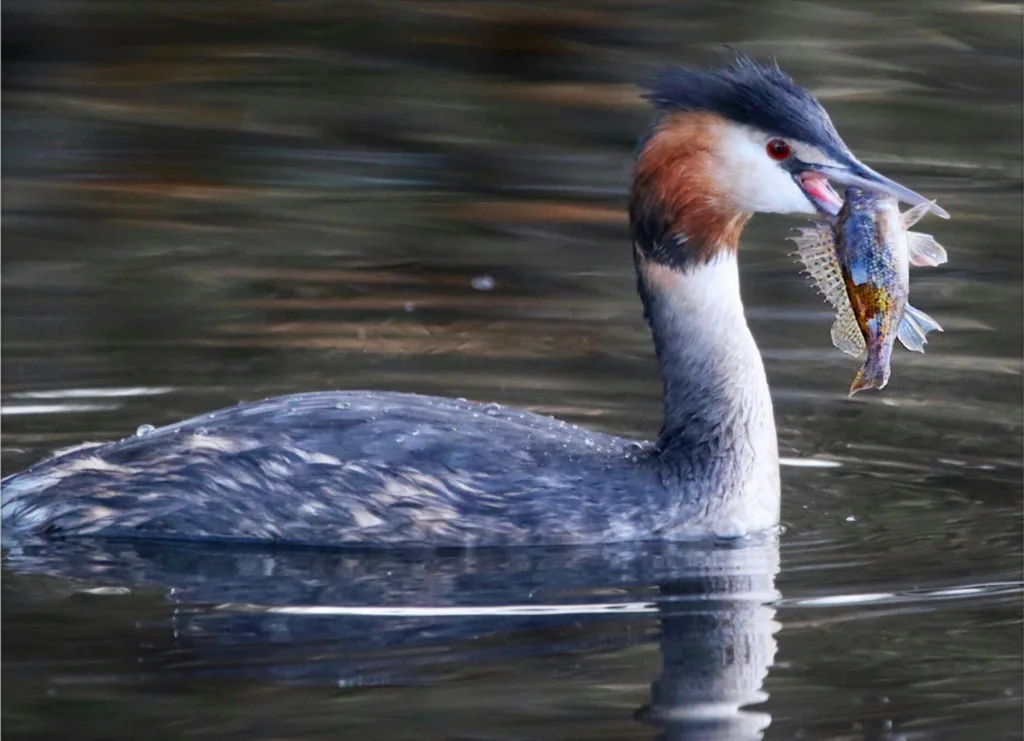
Potential Solutions to Fish Farming Problems
Despite these problems, solutions are available to make fish farming more sustainable and humane.
These include improving water quality, reducing stocking densities, using more sustainable and humane slaughter methods, and adopting better disease management strategies.
The Importance of Sustainable Practices
To mitigate the negative impacts of fish farming, adopting sustainable practices is crucial.
This includes implementing better management practices.
Using modern technological tools like the Recirculating Aquaculture System (RAS), and Artificial Intelligence.
Use more sustainable feeds and feeding systems like automatic feeders and also use organic feed if possible.
Improving disease management by constantly checking on the health status of fish.
Always check the water quality by monitoring the ammonia content, oxygen level, pH level, and Nitrate in the water. Make sure to also use the aeration method to increase oxygen flow and water quality.
Prevent predation by putting nets on ponds to prevent predator birds. Also, a fence in case of an earthen pond to prevent reptiles like snakes from predating on the fish.
Reducing the use of chemicals and antibiotics. Stick to natural and local ways of treatment such as the use of bitter leaves and salt.
The Role of Regulation and Legislation
Regulation and legislation also play a crucial role in promoting sustainability in fish farming. Strict enforcement of regulations can help ensure that fish farms adhere to best practices in animal welfare, environmental protection, and disease management.
Local and International regulatory bodies must ensure that fish farmers adhere to regulations to ensure best practices. Such will ensure that we are free from the Common issues in fish farming
Conclusion
while we have Common issues in fish farming, these can be addressed through sustainable practices, technological advancements, and effective regulation.
consumers can also play an important part by making informed choices and supporting businesses that prioritize sustainability and animal welfare in their operations.
Despite these common issues in fish farming, fish farming is still the best aquaculture practice.
Recommendation
In order to avoid this common issues, you need to know about them and tackle them beforehand. Due to this, I have written an extensively on fish farming covering almost all importance aspects of fish farming. This comprehensive guide is 102 pages eBook which can serve as your companion in the journey.
